Dear vegetable producer,
Joe Ingerson-Mahar and I are collaborating with researchers at Purdue University and The College of Wooster and are asking you to participate in a study titled “Insect Pest Management in Vegetable Crops Survey” (Purdue IRB protocol no. 2021-979). The purpose of this study is to gather information on insect pest management practices and strategies used by vegetable producers in the Great Lakes and Mid-Atlantic regions. The information provided will help direct pest management research and extension programs in specialty crop production.
You must be at least 18 years of age to participate. The survey will take approximately 20-25 minutes to complete. The survey is anonymous and the researchers have pledged to keep your data confidential. Only aggregated results will be reported in any publications or presentations about the study.
In appreciation of your participation in the survey, you can choose to enter a raffle for a hardcopy of one of two complimentary production guides: the Midwest Vegetable Production Guide for Commercial Growers ($21 value), or the Mid-Atlantic Commercial Vegetable Production Guide ($25 value). Instructions for entering the raffle will be given at the end of the survey.
To begin the online survey, click this link.
Participation in this study is voluntary and you may withdraw from participation at any time. If you have any questions, you may contact the researchers:
Dr. Carlo Moreno (First point of contact)
The College of Wooster
931 College Mall, Wooster, OH, 44691
Phone: 330-287-1982
Email: cmoreno@wooster.edu
Dr. Elizabeth Long
Purdue University
901 W. State Street, Lafayette, IN 47907
Phone: 765-496-1918
Email: long132@purdue.edu
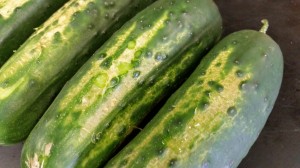
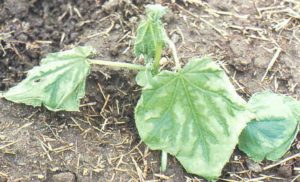
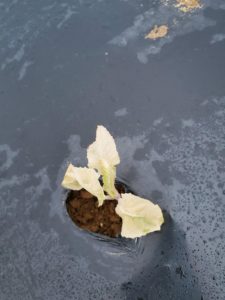

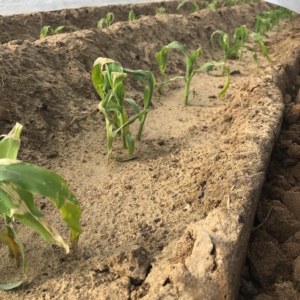
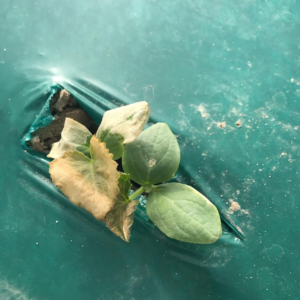
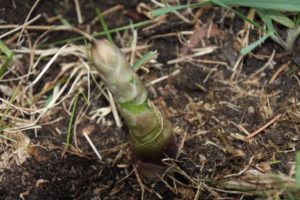
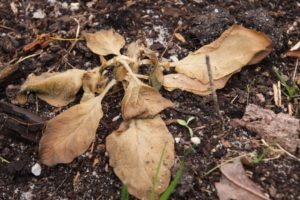
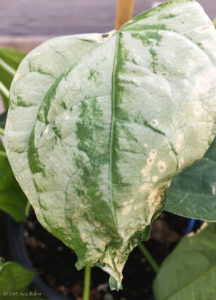
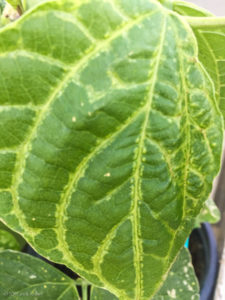
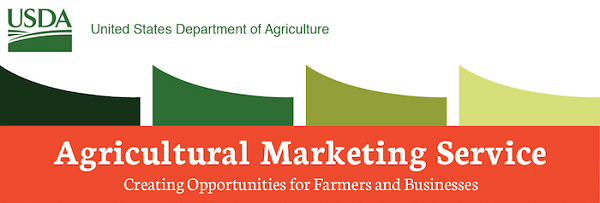 WASHINGTON, May 26, 2020-–Specialty crops producers can now apply for USDA’s Coronavirus Food Assistance Program (CFAP), which provides direct payments to offset impacts from the coronavirus pandemic. The application and a payment calculator are now available online and USDA’s Farm Service Agency (FSA) staff members are available via phone, fax and online tools to help producers complete applications. The agency set up a call center in order to simplify how they serve new customers across the nation. Applications will be accepted through August 28, 2020.
WASHINGTON, May 26, 2020-–Specialty crops producers can now apply for USDA’s Coronavirus Food Assistance Program (CFAP), which provides direct payments to offset impacts from the coronavirus pandemic. The application and a payment calculator are now available online and USDA’s Farm Service Agency (FSA) staff members are available via phone, fax and online tools to help producers complete applications. The agency set up a call center in order to simplify how they serve new customers across the nation. Applications will be accepted through August 28, 2020.